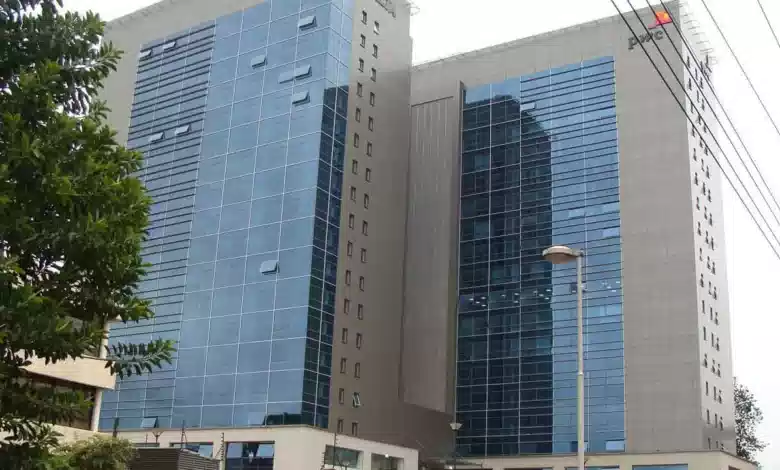
PwC Kenya has published its annual PwC Economic Crime and Fraud Survey report for Eastern Africa, which reflects insights gained from the broader PwC Global Economic Crime and Fraud survey (GECS) undertaken in 2022. Focusing on six Eastern African countries, this year’s report is themed ‘Protecting the Perimeter: The rise of external fraud‘ and presents a comprehensive examination of key risks and responses to economic crime and fraud impacting organisations in the region.
New Frontiers of Economic Crime
The GECS survey of 2022 introduced several novel categories of economic crime, reflecting global trends that had been absent in earlier editions. These encompass supply chain fraud, disinformation and misinformation fraud, ESG reporting fraud, and government relief fraud, among others. The report meticulously covers these emerging economic crimes, as well as new developments regarding traditional crimes like asset misappropriation, money laundering, and cybercrime.
Muniu Thoithi, PwC’s Deals and Consulting Leader for Eastern Africa, states that, “Today’s fraud landscape is more complex than ever, presenting continually evolving challenges for organisations to contend with. Our 2022 survey results provide first-hand insights from those confronting these challenges in the region, highlighting new and emerging areas of risk that require attention to protect against economic crime.”
Elevated Fraud Levels in Eastern Africa
The report reveals an alarmingly high level of fraud within organisations in Eastern Africa. A staggering 63% of respondents indicated they had experienced fraud within their organization over the past two years, in comparison to 46% of global respondents. The region reported higher incidence rates for more prevalent crimes such as Customer fraud, Asset Misappropriation, Procurement fraud, Bribery & Corruption, and Supply Chain fraud. However, less prevalent crimes such as HR fraud, Tax fraud, Government Relief fraud, and ESG Reporting fraud generally reported lower incidence rates than globally.
Evolution of Economic Crime over the Past Decade
Reviewing GECS results from the last decade offers unique insights into the evolution of economic crime in Eastern Africa. While the incidence rate for Cybercrime hasn’t significantly shifted over the past ten years, the disruption arising from these crimes has drastically escalated. Despite a 4% reduction in reported Cybercrime incidents from 2018 to 2022, the number of respondents labelling it as the most disruptive economic crime nearly doubled. This could suggest that cyber criminals are refining their methods, conducting fewer yet more profitable cyber-attacks.
Fraud and Corruption: A Widening Gap
John Kamau, Forensics Leader at PwC Kenya, concludes, “When it comes to actual experiences of fraud and corruption, we continue to see a widening gap between respondents from Eastern Africa and the rest of the world. We trust that our in-depth analysis of the survey results, which is informed by our experience working with clients in both fraud and corruption prevention and response, will provide value to local organisations when it comes to managing their fraud and corruption risks.”
In the wake of the Covid-19 pandemic, 70% of global respondents reported experiencing new types of economic crime, primarily related to cybercrime and conduct risk. However, in Eastern Africa, only 30% of respondents reported experiencing new forms of economic crime attributable to the Covid-19 pandemic, reflecting the region’s lower Covid-19 prevalence rates.
Safeguarding Against Future Threats
Concluding, as fraud and corruption risks evolve with changing business environments, focus on emerging areas such as ESG and digital supply chains, as well as internal control measures, becomes imperative. Maintaining robust oversight with the flexibility to shift focus as needed when new risks emerge is critical in protecting your perimeter.






